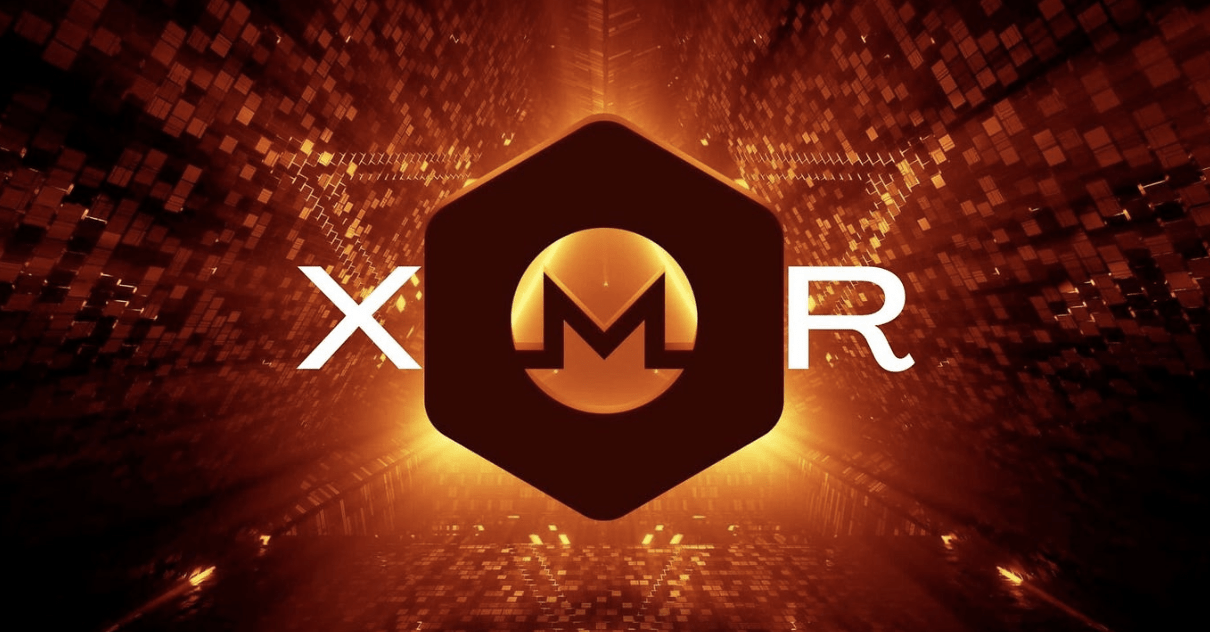Even in the usually risk-averse institutional finance community, the potential benefits and profits to be made in cryptocurrencies are becoming impossible to ignore. As their popularity continues to multiply at an astonishing rate, hedge funds and other pillars of the investing economy are slowly beginning to stop watching and start interacting. With a global institutional pool of over $130 trillion under management, there is potential in this volume to have tremendous impact on the burgeoning crypto asset class, valued now at just $300 billion. Goldman’s Perfect Gamble In early May of 2018, Goldman Sachs announced the development of a sanctioned Bitcoin trading unit. While various outlets were clear to emphasize the personally-held skepticisms of nearly every member, the significance of Goldman’s endorsement of the currency’s viability cannot be overstated. Even though the operation is one of contracts tied to its value rather than the coin itself, this first cautious foray serves as the company’s trial run into the under-defined regulatory landscape of this emerging asset class. Initially, the ability to trade Bitcoin contracts through Goldman will be available only to institutional investors. But, as the bank pointed out in their New York Times report on the announcement, the creation of this division is reactionary rather than an attempt to bring a new system to market. Large foundations receiving Bitcoin donations, as well as hedge funds looking to expand their portfolios, had already inquired into the coin’s legitimacy and proper method of handling. The new division, the company says, was created to meet outsized demand, speaking yet again to the under-expressed desires of more traditional finance to enter into crypto. Predictability, given their status as an unquestioned industry leader, Goldman’s public announcement also quickly incited other institutions to wade into the virtual currency waters in similar fashion. Only a few days later, ICE (owner of the NYSE) announced an eventual offering of a cryptocurrency marketplace. Regulation: Not All Bad In June, Morgan Stanley researchers came out with a report that listed the major banks currently experimenting with blockchain tech and virtual currency, which included Deutsche, JP Morgan, Bank of America, Wells Fargo, and countless others. These prominent - and capital-heavy - entrances reaffirm a yet-unmet need for regulation. Of course, the word comes with years of negative affiliation and a sense of loss of freedom. But in a space as chaotic and misunderstood as crypto, these regulations actually might make profiting easier. The Wall Street Journal compiled a report (also included in the JP Morgan report) of ongoing and completed ICOs, analyzing their legitimacy and scouring for signs of fraud. The results were less than encouraging. They reported that, among 271 ICOs flagged for fraudulent behavior, investors have lost a cumulative $630 million. ICOs are still unregulated, but it seems that the entrance of larger players, led by Goldman, might necessitate more careful review and offering processes amongst these unicorn-coin hopefuls. Smoothing the Transition As institutional money begins to pour into a very unorthodox form of investment, some companies are selling shovels rather than the coins themselves. Caspian, a joint venture between financial heavyweights Tora and Kenetic, is one such shovel-maker. By combining the streamlined trading processes of traditional finance with the opportunities presented by virtual currencies, Caspian brings efficient accessibility into the unfamiliar world of crypto. The synthesis of an Order Execution and Management System (OEMS), joint Position and Risk Management Systems, and an algorithmically-supported compliance engine gives institutional investors a direct and effective platform through which to interact with the increasingly important cryptocurrency markets. As the domino effect continues to pull traditional capital into the market, these transitionary tools will only become more invaluable. About The Author David Wills is Caspian’s COO and Co Founder. He has served as Kenetic COO since inception. Prior to that David spent 10 years as Managing Director and Head of Asia Trading at Och-Ziff Capital and was the former chairperson of HKeX Hedge Fund market council. David holds a B.A. in Psychology and B.Comm. in Finance & Economics from the University of Sydney About Caspian Caspian is a full-stack cryptoasset management platform tying together the biggest crypto exchanges in a single interface, so as to facilitate investments in crypto instruments for newcomers and veterans alike. The joint venture between heavyweights Tora and Kenetic brings to the table a wealth of experience in asset management, accumulated over decades of building and operating trading platforms and technologies. We’d love to hear from you. Please leave a comment or chat us up on Telegram. If you want to learn more about our platform, please visit us at www.caspian.tech. Meet our team on: Telegram | Twitter | LinkedIn | Medium | YouTube
Investment Disclaimer





